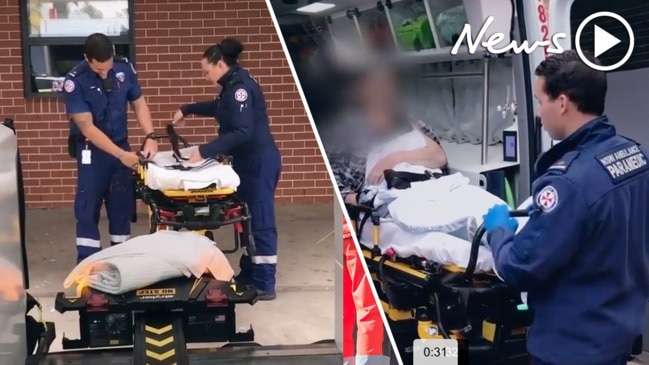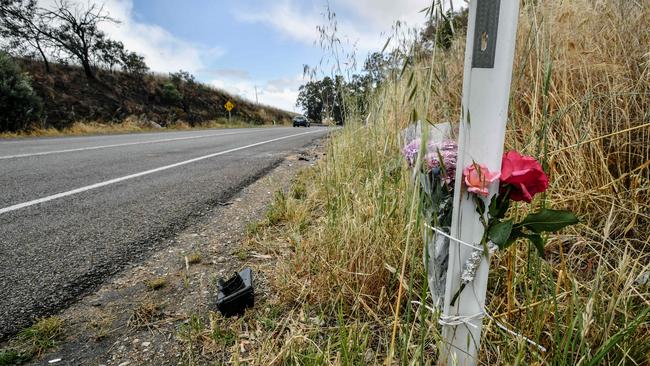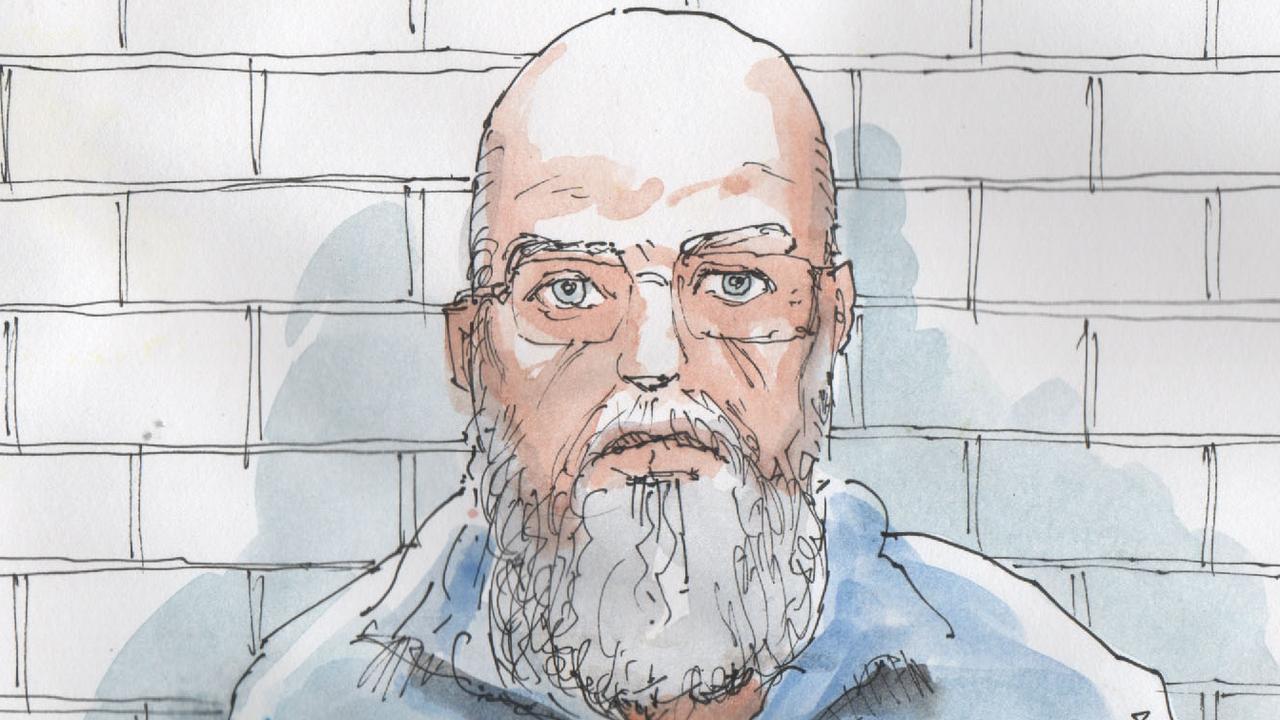SA road deaths toll for 2018 falls to 80, the lowest on record
South Australia’s annual road toll has fallen to its lowest level on record — but police aren’t celebrating.

Law and Order
Don't miss out on the headlines from Law and Order. Followed categories will be added to My News.
South Australia’s annual road toll has fallen to its lowest level on record, dropping to 80 deaths this year, beating the previous low of 86 in 2016.
While fatalities on metropolitan roads are down with 19 deaths, the regional toll was 61 – seven more than the ten-year average for rural areas. Deaths of pedestrians and motorcyclists were both down from last year.
Rider fatalities more than halved from 24 to 10 this year while six pedestrians died compared with 17 last year. Eighteen people aged between 16 and 24 died on SA roads this year.
The number of serious injuries – 595 – was also a record low, according to police data up to 8pm on Monday.
RAA road safety spokesman Matt Vertudaches welcomed a reduction in the number of fatalities in the metropolitan area, especially fewer fatalities involving motorcyclists and pedestrians.
“Despite the reduction in the fatalities, no loss of life on our roads can be treated as acceptable,” he said.
“Tragically, the number of fatalities on regional roads increased in 2018, which highlights the dangers faced on these roads and the need for driver awareness at all times.”
Mr Vertudaches said the soaring rural road toll was a “major concern” and urged the need to upgrade regional road infrastructure.
“This includes improvements such as installing barriers, road widening and general road maintenance which is required across much of the network,” he said.
“However, motorists also have a responsibility to drive safely and avoid common crash contributing factors such as distractions, fatigue and alcohol or drugs.”
Superintendent Bob Gray, officer-in-charge of Traffic Support Branch, said even though the road toll was trending down, he emphasised the need for the community to remain vigilant about road safety.
“SA Police do not consider this toll a cause for celebration, given the families and communities torn apart by these deaths – and the terrible toll of those who have been involved in serious injury crashes across the year,” Supt Gray said.
“At this time of year, the media and wider community come looking for explanations, and at times we don’t know the answers. What we do know is that there are simple steps every road user can take to protect themselves, protect their families and protect all other road users.”
Apart from working with road safety agencies, Supt Gray said the community needed to play its part and lower the risk of the “fatal five” motorist behaviours – speeding, driving while under the influence of alcohol or illicit drugs, failing fasten seatbelts, driving while distracted and dangerous or hoon driving.

“As the new year begins, I ask all drivers to consider their actions and responsibilities – a fine for breaching the road rules may not be the worst outcome from taking a casual approach to driving,” he said.
The official toll may still change, given that anyone who dies within 30 days of a crash may be included, or other explanations can be identified in cases already included in the toll.
At the weekend, Opposition leader Peter Malinauskas questioned the shutdown of Motor Accident Commission after the record low.
“There doesn’t appear to be any justification for this Liberal cut,” he said.
“MAC conducts important research and campaigns that are vital in reducing the number and impact of road injuries and deaths.”
SA Police and other agencies are expected to pick up the MAC’s duties from July next year, including road safety campaigns and partnerships, which Treasurer Rob Lucas said in October would save $2 million to $3 million each year.


